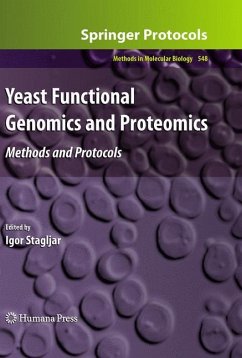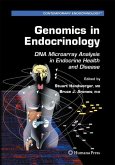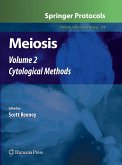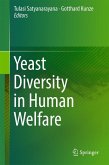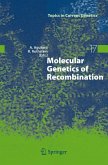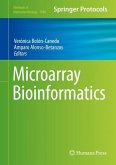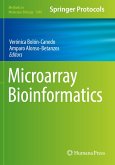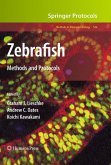Given the popularity and utility of Saccharomyces cerevisiae, yeast-based functional genomics and proteomics technologies, developed over the past decade, have contributed greatly to our understanding of bacterial, yeast, fly, worm and human gene functions. In Yeast Functional Genomics and Proteomics: Methods and Protocols, experts in the field contribute stand-alone protocols suitable for daily use in research laboratories. The volume examines methods from the most major and fundamental techniques to more cutting-edge, advanced concepts. As part of the highly successful Methods in Molecular Biology(TM) series, the chapters are clearly formatted with introductions to their respective topics, lists of the necessary materials and reagents, step-by-step, readily reproducible laboratory protocols, and notes on troubleshooting and avoiding known pitfalls.
Authoritative and easy to use, Yeast Functional Genomics and Proteomics: Methods and Protocols is an ideal reference forboth yeast researchers and those who wish to use yeast as a model system for the further study of functional genomics and proteomics.
Authoritative and easy to use, Yeast Functional Genomics and Proteomics: Methods and Protocols is an ideal reference forboth yeast researchers and those who wish to use yeast as a model system for the further study of functional genomics and proteomics.
From the reviews: "This volume takes a snapshot of the questions which can be asked with a genome ... . A major value of this book may be in helping to overcome the fear factor. Most of the approaches are feasible in a moderately resourced laboratory, and as the tools for S. cerevisiae spread to other organisms, so will the potential usefulness of this collection." (John Armstrong, Microbiology Today, January, 2010)

